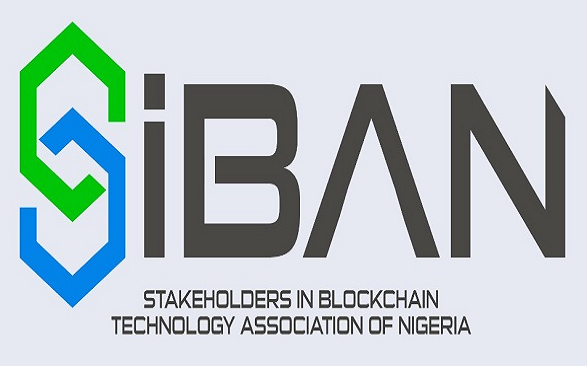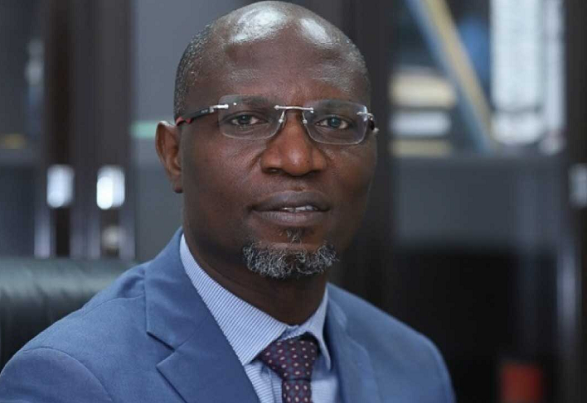Nigeria’s crypto ecosystem is experiencing significant growth, thanks to the Securities and Exchange Commission’s (SEC) decision to issue provisional crypto operations licenses to two startups, Busha and Quidax, in August 2024.
This positive development was achieved after the introduction of the Accelerated Regulatory Incubation Program (ARIP) by the SEC June last year.
Read also: SEC Nigeria finally issues framework for VASPs. – Crypto Asset Buyer
Access to banking is now opened up and confidence is boosted, says Busha manager
In a recent Semafor report, Ngozi Okonye, a manager at Busha, says receiving the SEC’s license has been a significant development for the startup. “The crypto ecosystem in Nigeria remains active — people have been trading, continue to trade, and will likely keep trading,” she said. Okonye also noted that the SEC’s licensing regime has “opened up access to banking and increased business confidence” for Busha, boosting user’s interaction with the crypto exchange.
Apparently, this move has further legitimized the crypto space, increased business confidence, and opened up access to banking for licensed providers.
Indeed, despite recent challenges, including a ban on crypto transactions by banks from 2021 to 2023 and the arrest and release of Tigran Gambaryan, Nigeria’s crypto ecosystem remains vibrant. The country ranks second globally in terms of crypto adoption, according to Chainalysis’ 2024 Crypto Adoption Index.
Read also: Nigeria’s SEC issues ‘Approvals-in-Principle’ to digital assets exchange firms. – Crypto Asset Buyer
Nigerian government is committed to strengthening regulations, not stifling innovation, says Nigerian Information Minister Mohammed Idris
Referring to Nigeria’s recent enforcement actions against Binance over the last one year over allegations of tax evasion and illegal acts resulting in economic loss to Nigeria, Nigerian Information Minister Mohammed Idris emphasized that the government is committed to strengthening regulations, not stifling innovation. “This is part of the effort to strengthen our laws, not to cripple anybody. We are ensuring that no one comes and operates without regulation,” he said.
Idris also highlighted concerns about the potential use of crypto in financing terrorism, money laundering, and tax evasion. “It is not just Nigeria. Internationally it’s also important to address illicit financial flows. You can’t have a huge amount of transactions that do not meet the operations of financial dealers,” he added.
The Nigerian government’s shift towards a more accommodative stance on crypto is expected to further boost the ecosystem, with increased investment, job creation, and financial inclusion anticipated. As the Nigerian crypto ecosystem continues to evolve, it’s clear that the SEC’s decision to issue licenses to Busha and Quidax is a significant step forward.
Read also: Nigeria charges Binance $81.5 billion for economic losses and tax evasion. – Crypto Asset Buyer
Over a dozen of crypto exchange websites remain blocked in Nigeria, sending contrary signals
However, it appears contradictory that a number of crypto exchange websites remain blacklisted in Nigeria’s cyberspace—a blockage that has been in effect since March 2024. While the blacklist of Binance.com may be logical since Nigerian authorities have commenced enforcement actions against the cryptocurrency exchange, it remains strange to industry stakeholders that over a dozen of other crypto exchange websites remain blocked till date.
Curiously, even the two SEC provisionally-licensed Busha (Busha.com) and Quidax (Quidax.com) remain blocked, inaccessible to its Nigerian users. In a recent Channels TV interview, Chimezie Chuta, Chairman of the National Blockchain Steering Committee (NBSC), brought attention to this vital issue.
Read also: Nigeria Blocks Crypto Trading and Restricts Access to Binance, Coinbase, Kraken – Bloomberg
Comprising both stakeholders in the public and private sectors, including the Central Bank of Nigeria (CBN), SEC, and other key regulators, the NBSC was inaugurated following the adoption of the National Blockchain Policy in 2023 under Buhari-Osinbajo administration to ensure the efficient and effective implementation of Nigeria’s policy on blockchain technology.
Apparently, if the words of the Nigerian Information Minister, Mohammed Idris, about Nigeria is to be confidently and fully embraced by local and foreign crypto investors, the Nigerian government still has serious work to do in the country’s emerging blockchain industry. Giving with one hand and taking with the other hand is not exactly the kind of regulation that boosts business confidence in the nascent sector.
Read also: Group Urges Nigerian Regulators to Rethink Approach to VASPs – Crypto Asset Buyer
Discover more from Crypto Asset Buyer
Subscribe to get the latest posts sent to your email.





